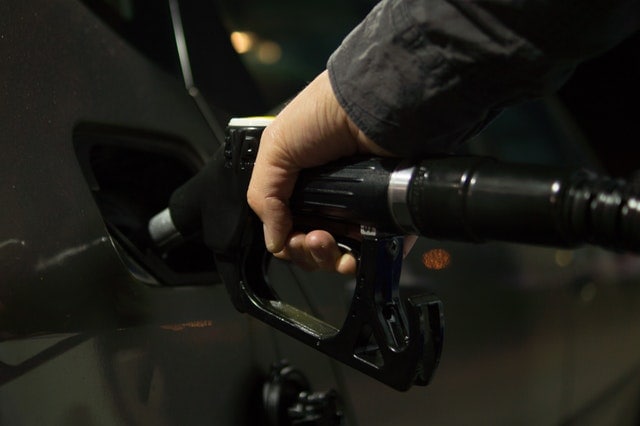
• Engine and transmission friction increases (Due to cold engine oil and other fluids)
• It may take longer for your engine to reach its most fuel-efficient temperature
• More power is used for heated seats, defrosters, and heater fans
• Lowered your fuel economy when you warm up your vehicle before starting a trip
• Decreased tire pressure
• Slightly less energy per gallon in winter grades of gasoline
• Battery performance decreases, which makes it harder for your alternator to keep your battery charged
When
winter temperatures become severe, your fuel economy can drop even further.
Your tire grip decreases significantly, which uses more energy on top of using
more gas driving at slower speeds (ex. below 40 mph). The key is not to drive too fast, but not too slow either. If you own a Hybrid, the
effects are worse.
Now
that you have this important information, I am sure that you are wondering you can
do to improve your fuel economy during the winter months? Here are a few tips:
• If you have a garage, always park inside it to increase the initial temperature of your engine and cabin
• Combine trips when possible so that you drive less often
• Minimize idling your car to warm it up. Drive off gently after about 30 seconds
• Don't use seat warmers or defrosters more than you need to
• Check your tire pressure on a regular basis
• Use only the manufacturer recommended oil type for cold weather driving
• Remove accessories that increase wind resistance (such as headlights and roof racks) when you don’t need them
• If you drive a hybrid or electric vehicle, preheat the cabin while it is plugged into the charger Also for hybrids, you can opt to use seat warmers instead of the regular car heater, you can save energy and extend range
It is important to note that drivers should never use the same techniques used in the summer to improve fuel economy. If you have questions or concerns about your vehicle, be sure to contact your McDavid Honda Irving Service Advisor. Additionally, we have many service specials available to get your car in tip top shape for the coming season.